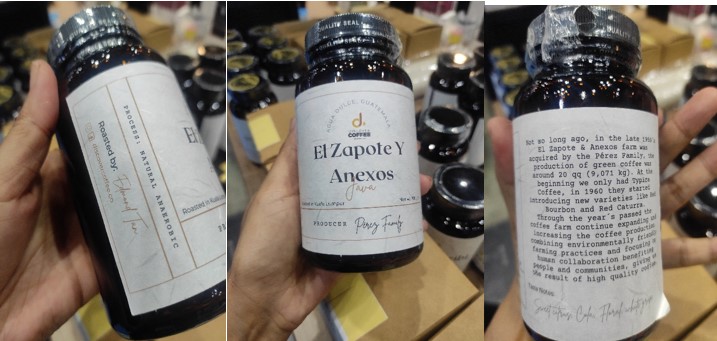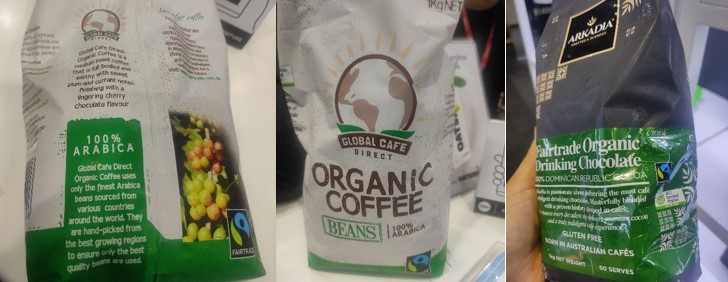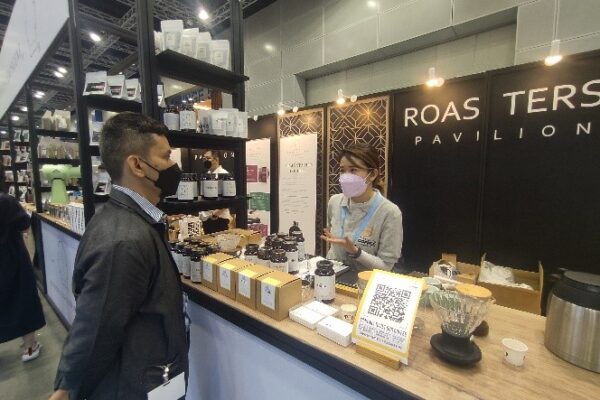
As a rapidly developing country, Malaysia’s global agricultural trade reached $45.5 billion in 2020 with exports of $26.8 billion and imports of $18.7 billion. Thailand, Indonesia, and China are the top suppliers of agricultural products to Malaysia, with the United States ranked sixth in 2020. Despite the agricultural trade surplus with the world of $8.1 billion, Malaysia nonetheless still heavily relies on imports for many key products, including wheat, rice, protein meal, dairy products, beef, and most deciduous and citrus fruits.
According to the Sustainable Development Report 2021 published recently, Malaysia ranked 65 out of 165 countries with an SDG Index at 70.9 per cent. The government, during Tan Sri Muhyiddin Yassin’ administration, succeeded in achieving one of 17 goals set by the world body, namely SDG1 (to end poverty in all its forms everywhere).
In 2022, when the Café culture was brought to Kuala Lumpur via ICBS Trade Fair by Malaysia Specialty Coffee Association, Fairtrade NAPP decided to visit the fair and explore the potential of the Malaysian market as the next hub for the expansion and diversification of Fairtrade products. The event was organized by the MSCA in collaboration with Montgomery Asia which focuses on the growing Asian market as well as developing new trade shows that meet the needs of the Asian Market.
The event was a mid-sized expo with approx. 30 to 35 booths showcasing coffee, tea, cocoa, beverages, food, condiments, machinery, technologies, and packaging. A meeting was conducted with all the exhibitors present at the fair namely leading coffee roasters, importers, brands, and companies from the country.


The main objectives were to:
- Explore market opportunities for Fairtrade certified coffee in Malaysia
- Get insights on sustainable products from the country’s leading roasteries, traders, importers, distributors, and brands.
- Conduct a B2B marketing survey with the exhibitors and understand the current market demand, trend, and forecast for sustainable production and consumption.
- Assess the level of awareness for Fairtrade products and its certification scheme, to promote and introduce the concept of Fairtrade.
- Network and understand the local sustainable market from the coffee industry in Malaysia
An exhibitor survey was also conducted to get an overview of the market interest for sustainable production and consumption. The majority of the exhibitors agreed that paying farmers and workers a fair wage was important to their company. and expressed their willingness to pay an additional premium for an ethical supply chain. Many opined than an ethical and sustainable supply chain is an important attribute for building their credibility with the consumers in the future.






